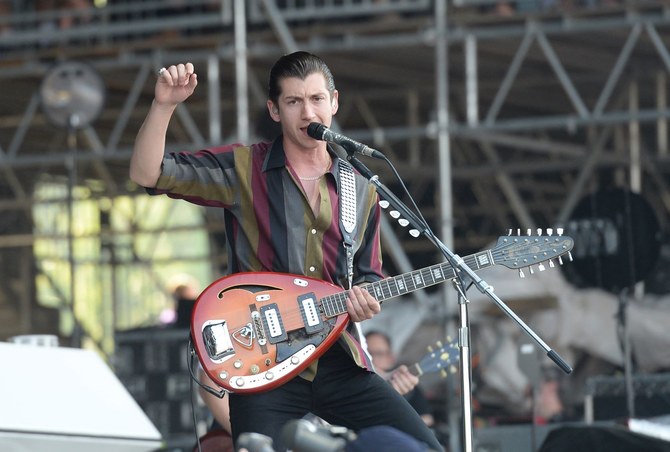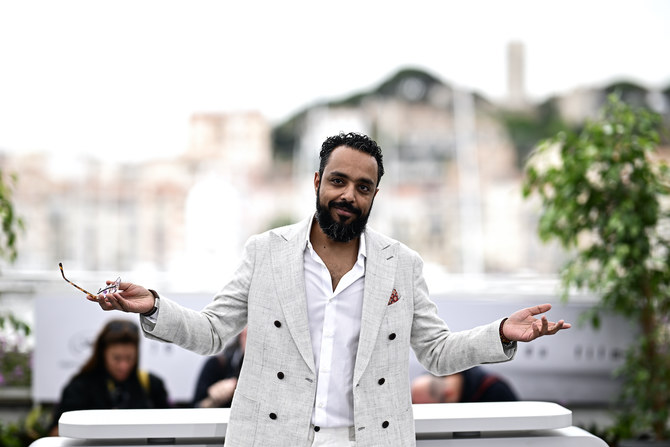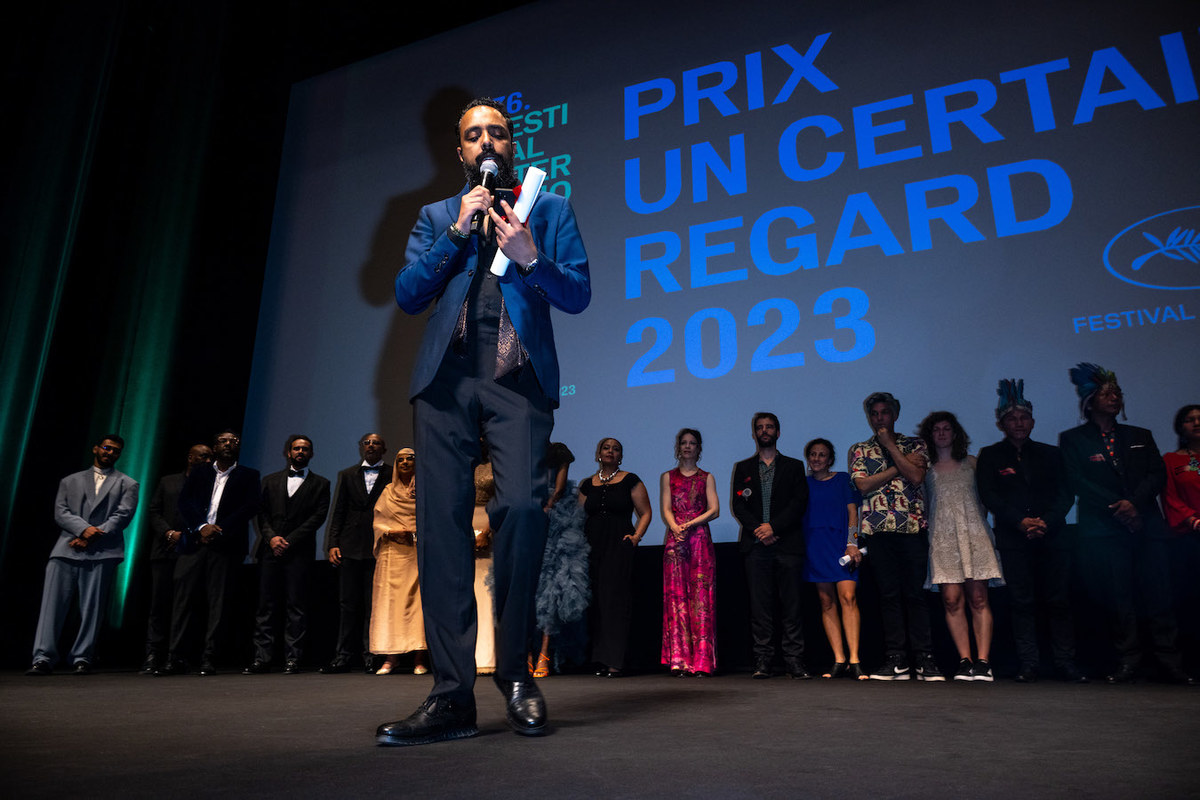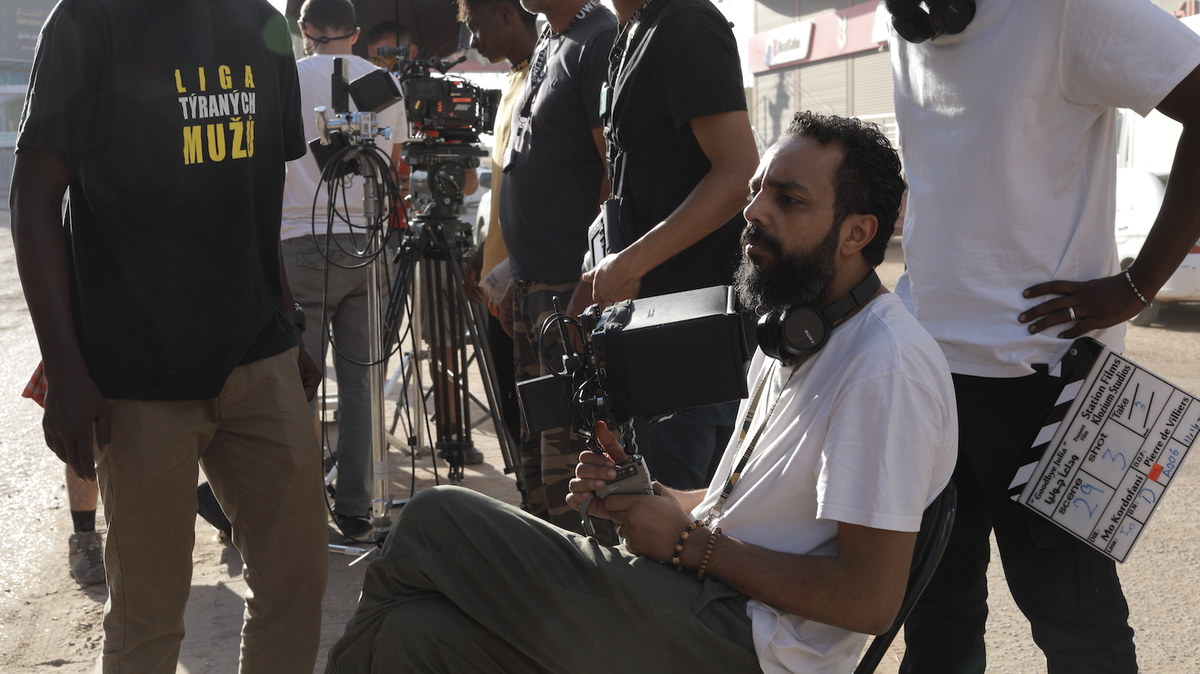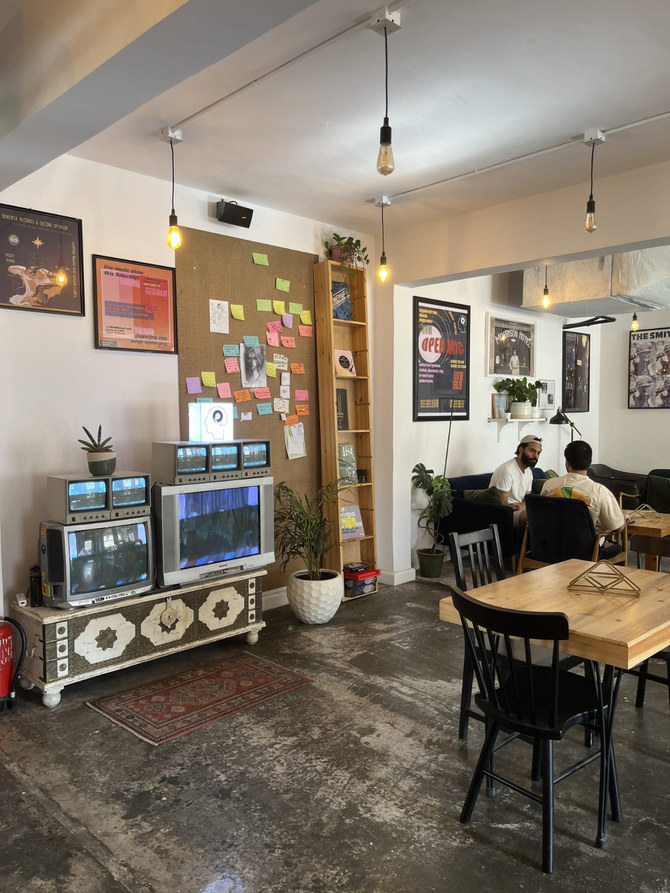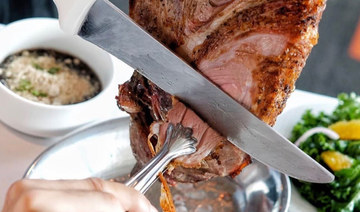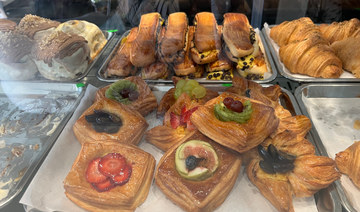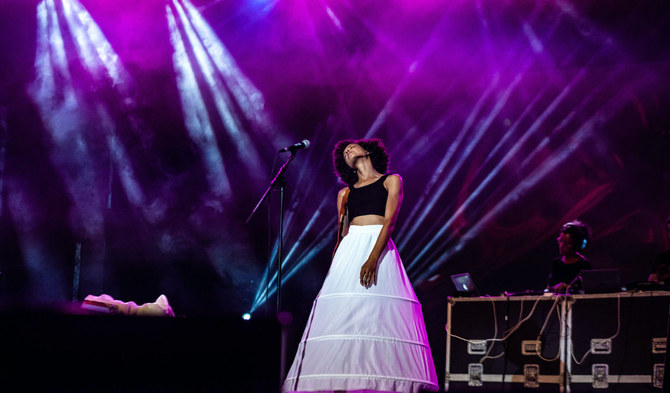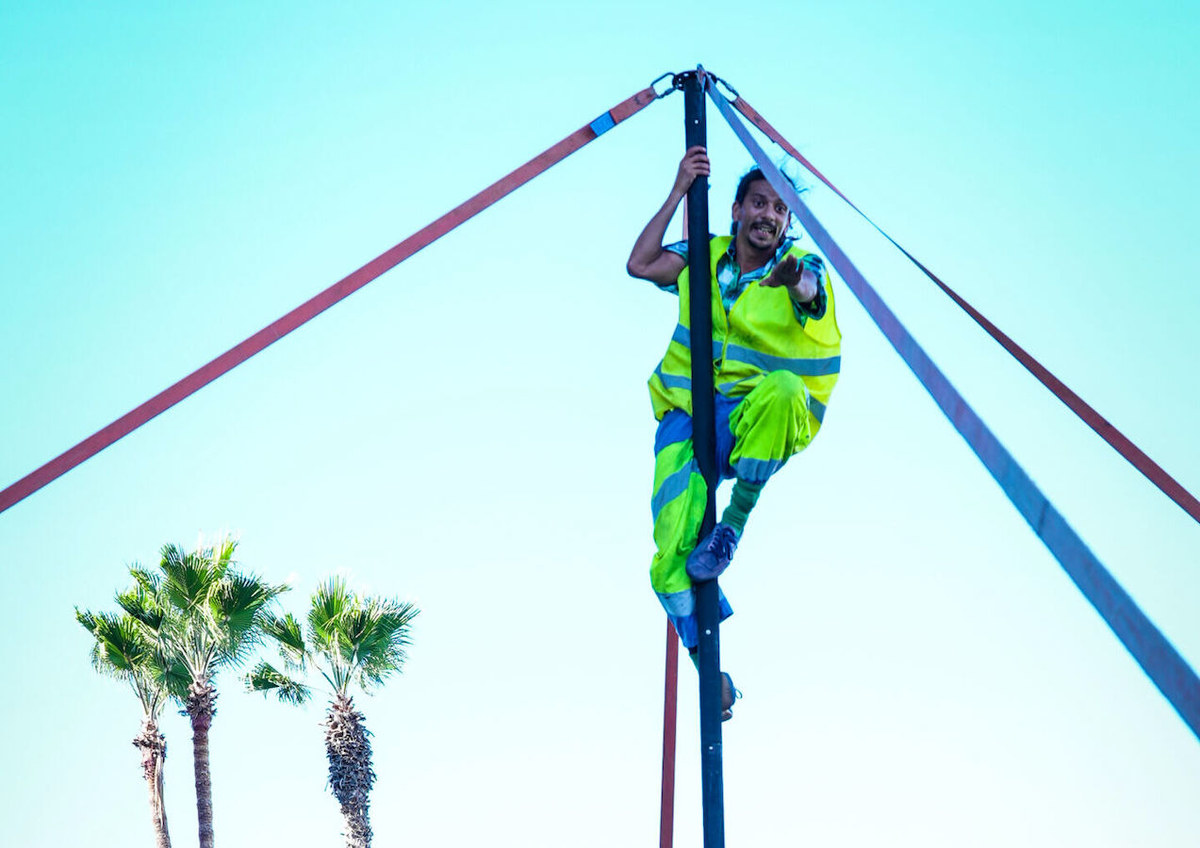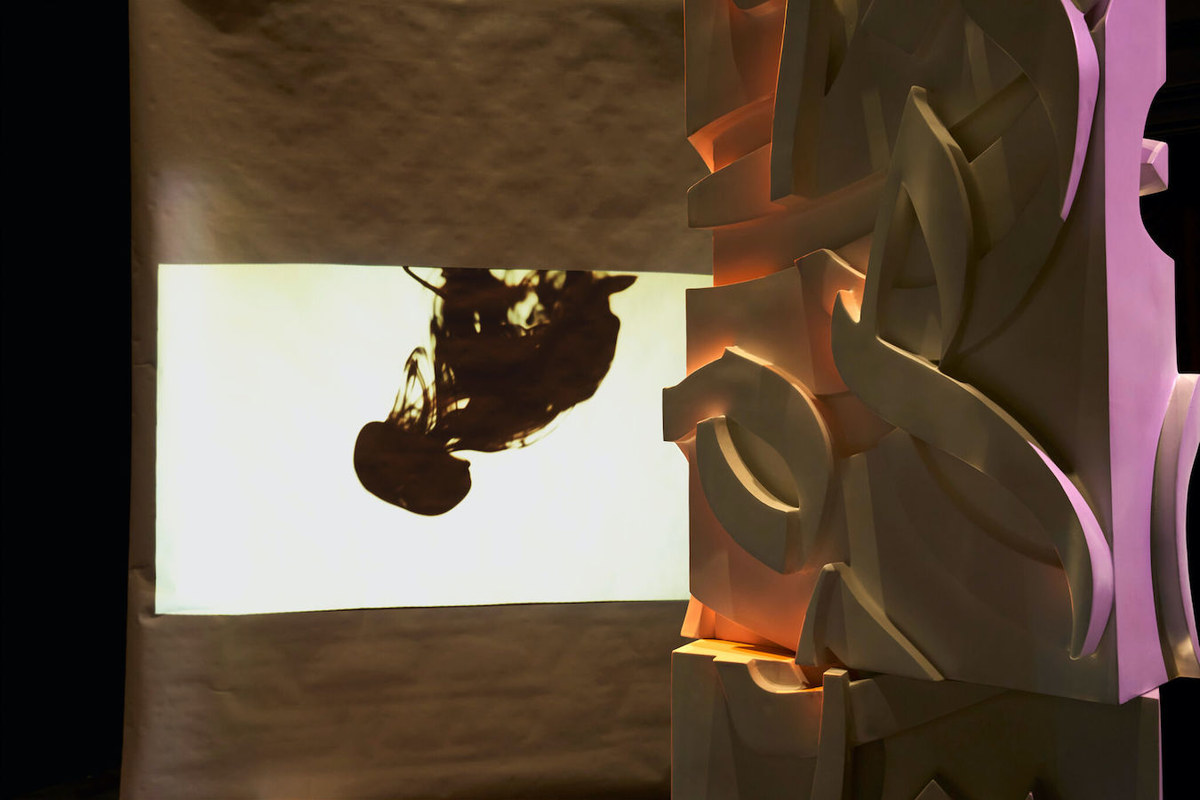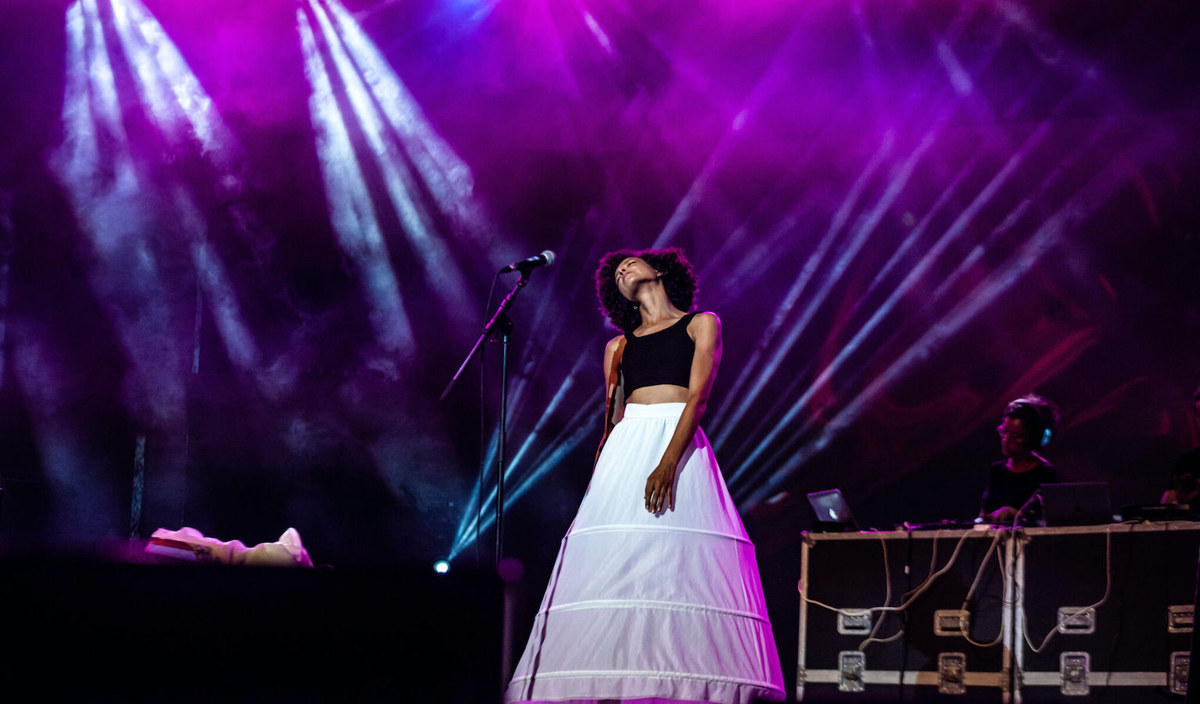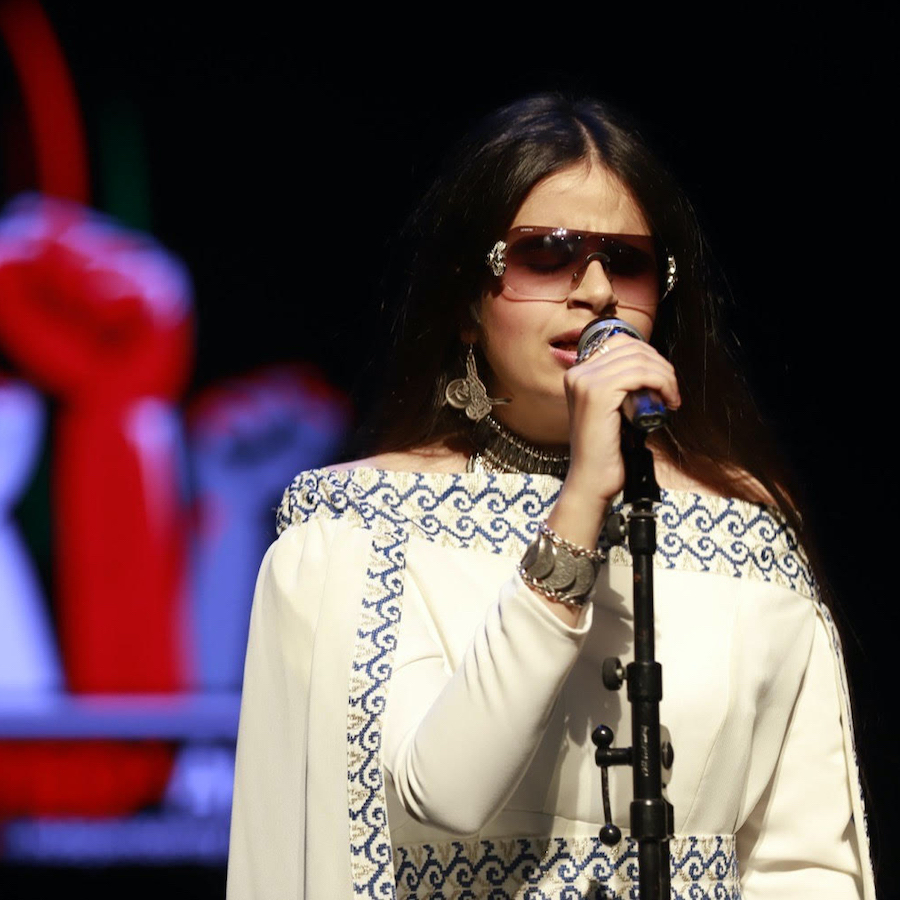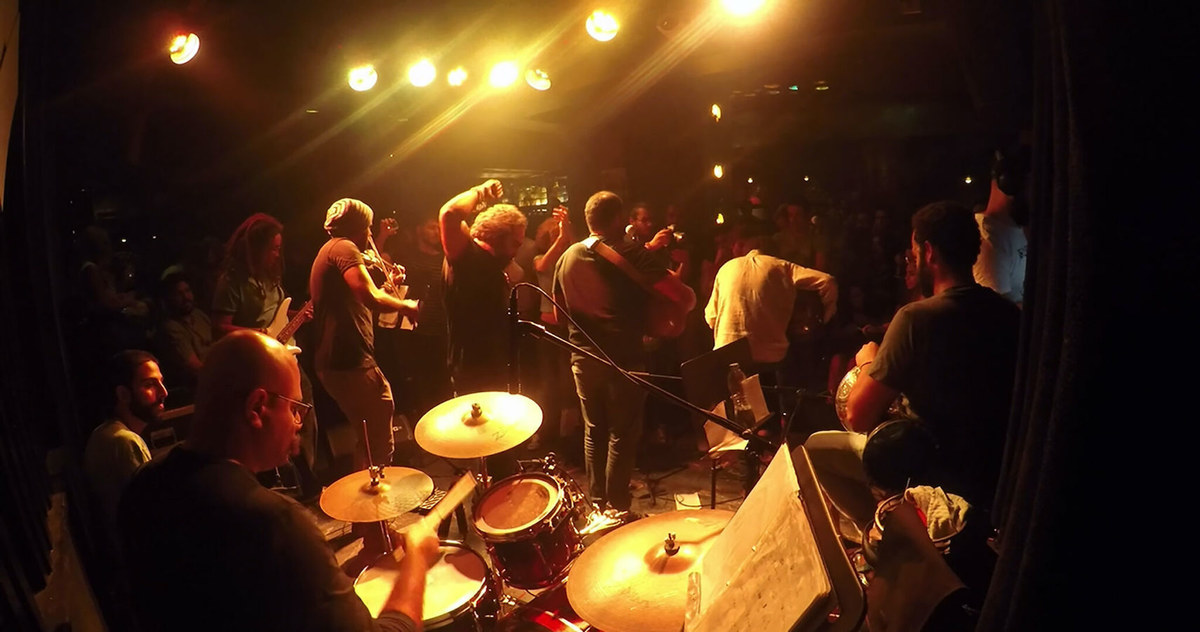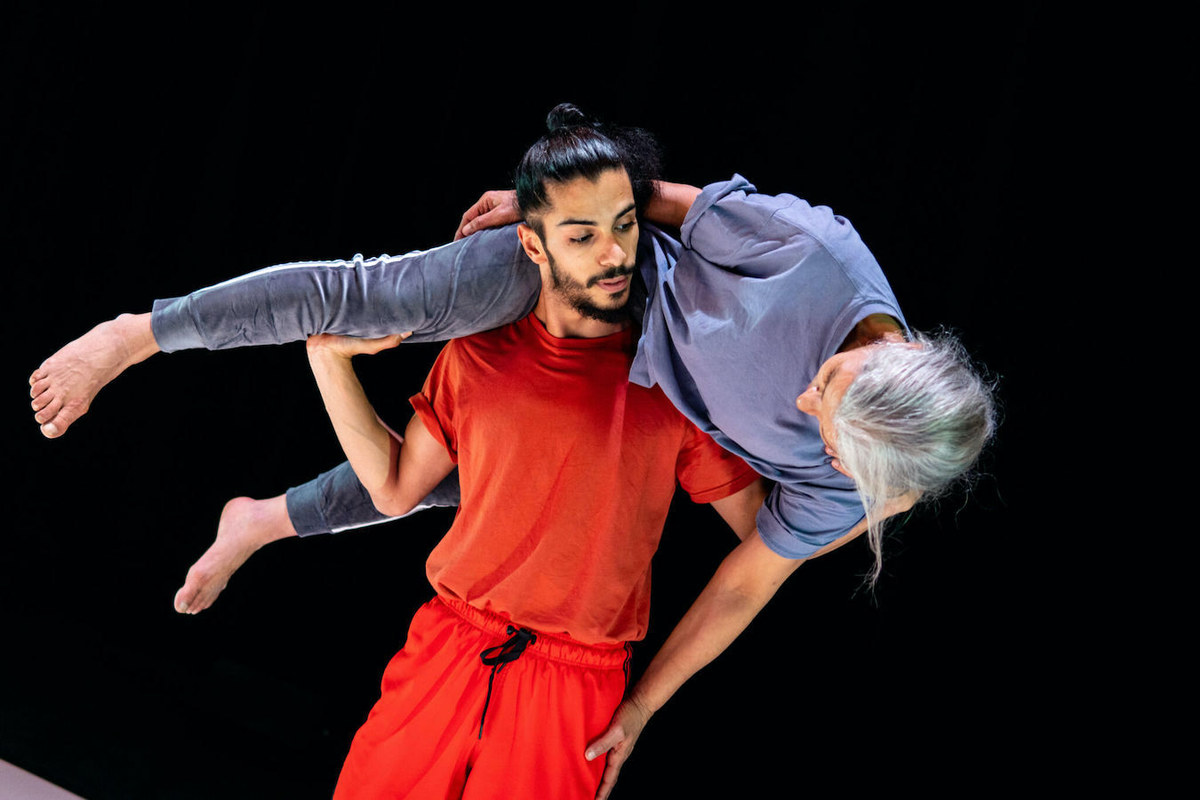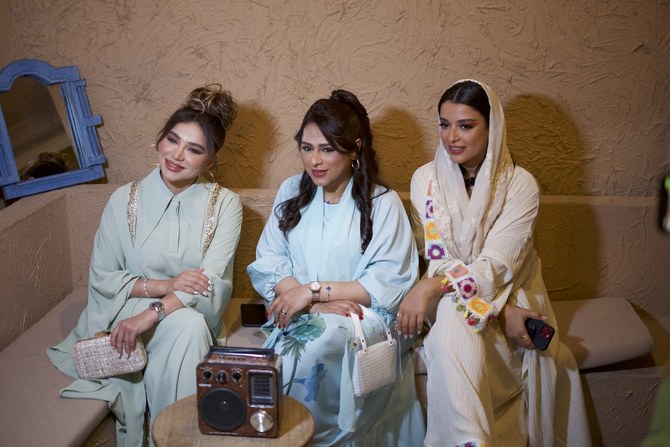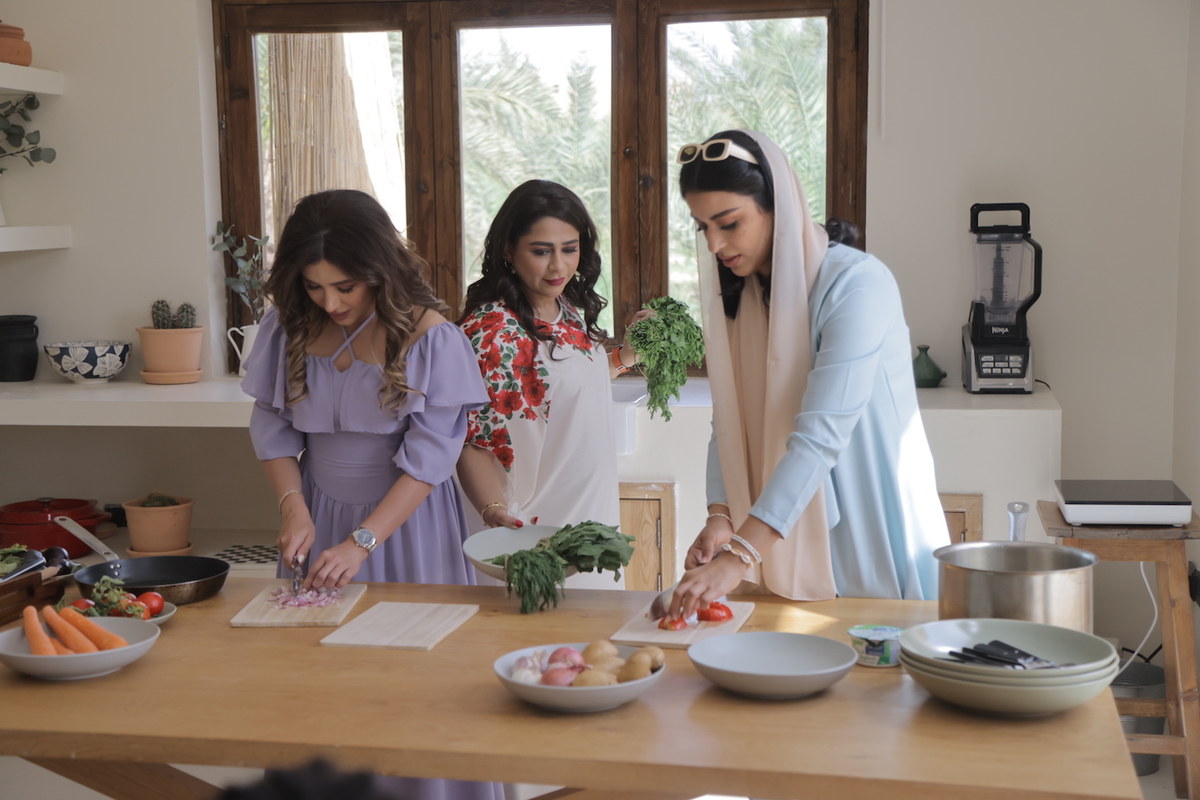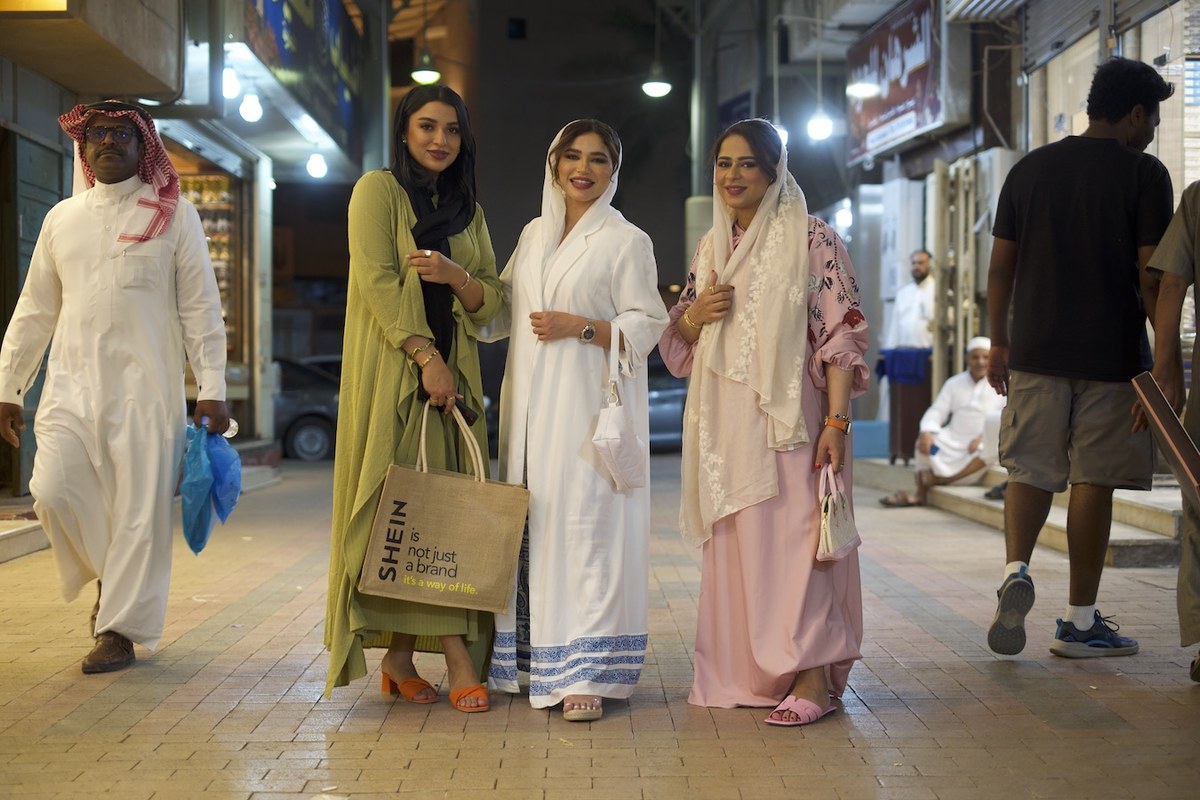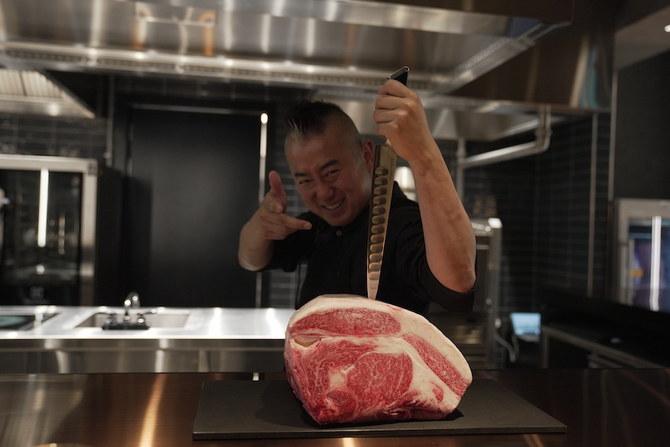DUBAI: From Lebanon to the UK, here is your guide to the hottest music festivals from around the world taking place this summer.
Glastonbury

Where: Pilton, UK
When: June 21-25
What: The UK’s most famous festival — if not the world’s — is now 52 years old and still attracts hundreds of thousands of people to the Somerset countryside every year to see an eclectic lineup that usually includes obscure up-and-comers, on-trend flavors of the month, and all-conquering megastars. It’s not all about the music, either. Glastonbury hosts stand-up comedy, cabaret, circus acts, theater and dance performances and more — and the audience is usually pretty entertaining too. This year’s Pyramid Stage headliners are English indie darlings Arctic Monkeys (pictured), legendary rockers Guns N’ Roses, and one of the world’s best-selling artists, Elton John. Royal Blood, Lizzo and Lil Nas X are the second-billed acts. There’s some regional representation of a sort from Dubai-based singer-songwriter Yusuf (formerly known as Cat Stevens) too. Over on the Other Stage, you can catch Wizkid, Lana Del Rey, and Queens of the Stone Age. And with more than 50 other stages (or venues/activations) around the festival site, if none of those grab your attention, then something certainly will.
Other must-see acts: Lewis Capaldi, Manic Street Preachers, The War on Drugs, Japanese Breakfast, Chvrches, Rudimental, Phoenix, The Big Moon, Tinariwen.
Roskilde

Where: Roskilde, Denmark
When: June 24-July 2
What: If you’re a fan of Glastonbury, then chances are you’ll love Roskilde too. The two venerable events (Roskilde is also more than half-a-century old now) share a similar curatorial outlook, ambience, and ideology (and, this year, many of the same artists), although Roskilde often includes more artists from around Europe. The organizers promise a mixture of “music, arts, activism, camps and freedom,” which is a pretty accurate summary. If you want to catch the big names, then you only need to be there for the final four days. This year’s headliners are hip-hop hero Kendrick Lamar; Lil Nas X, who is building on his TikTok success to become one of the hottest rappers around; Britpop behemoths Blur; and singer-songwriter and rapper Lizzo.
Other must-see acts: Burna Boy, Queens of the Stone Age, Tove Lo, Rosalia, Christine and the Queens, Caroline Polachek.
Montreux Jazz Festival
Where: Montreux, Switzerland
When: June 30-July 15
What: If you like your festival experience to be more glamping than camping, then Montreux is the place for you. The festival — on the Lake Geneva shoreline — was founded in 1967, and immortalized in Deep Purple’s rock classic “Smoke on the Water,” a hint that the “jazz” in the title is somewhat misleading, although jazz remains an important part of the event. There are two main stages, the smaller Montreux Jazz Café, and various shows taking place on boats, trains and small outdoor stages. This year’s headliners include arguably the greatest singer-songwriter of all time, Bob Dylan (pictured); Eighties pop icon Lionel Richie; Lil Nas X (again); UK pop star Sam Smith; US punk veteran Iggy Pop; US singer-songwriter Jon Batiste; the 83-year-old R&B legend Mavis Staples; 86-year-old Chicago blues great Buddy Guy; and disco superstars Nile Rodgers & Chic. Belgian-Egyptian singer Tamino plays the Montreux Jazz Lab on July 8.
Other must-see acts: Idles, Janelle Monae, Morcheeba, Wet Leg, Norah Jones, Chilly Gonzales
Baalbeck International Festival

Where: Baalbeck, Lebanon
When: Weekends, July 1 to 16
What: One of the only regional music festivals in the summer months, Baalbeck has been running for almost 60 years. It’s set in the magnificent ancient Roman Acropolis in Lebanon’s Beqaa Valley and the organizers always arrange an eclectic lineup that can comprise theater, opera, jazz, world music, Arab pop, classical recitals, dance performances and more. This year’s headliners include the Al-Kindi Ensemble with Sheikh Hamed Daoud and the Damascus Whirling Dervishes; Lebanese pop star Melhem Zein (performing in his hometown); and Italian dancer Roberto Bolle (and friends).
Other must-see acts: Roots in our Hands, Imany (performing her “Voodoo Cello” album)
Mad Cool

Where: Madrid, Spain
When: July 6-8
What: One of the most reliably consistent European festivals in terms of the quality of its roster, Mad Cool is aptly named. The focus is mainly on rock and electronica. This year’s headliners include the excellent Angel Olsen (pictured), The Black Keys, Red Hot Chilli Peppers, Franz Ferdinand, and Spain’s Cupido.
Other must-see acts: Lil Nas X, The 1975, Sigur Ròs, Jamie XX, Rina Sawayama, Queens of the Stone Age, The Prodigy
Pitchfork

Where: Chicago, US
When: July 21-23
What: Pitchfork has established itself as one of the best festivals for discovering new talent from the US and attracts some big-name artists to Chicago’s Union Park as well. This year’s headliners are The Smile (Radiohead’s Thom Yorke and Jonny Greenwood with drummer Tom Skinner), folk-rock trio Big Thief, and the genre-hopping Bon Iver (pictured).
Other must-see acts: Alvvays, Perfume Genius, Rachika Nayar, Yaya Bey, Soul Glo, Killer Mike
WOMAD
Where: Malmesbury, UK
When: July 27-30
What: The prestigious world music festival offers audiences the chance to discover some amazing talent from outside of the Western mainstream. This year’s three-day event includes some regional talent in the form of Algerian icon Souad Massi and the excellent Palestinian trio 47Soul. Headliners are Femi Kuti and the Positive Force, Bombay Bicycle Club, The Cinematic Orchestra, Emicida, Soul II Soul, Mariza, and Kate Rusby.
Other must-see acts: Tank and the Bangas, and the magnificently named Ukulele Death Squad from Australia, who bill themselves as “the world’s most dangerous ukulele group.”
Sziget

Where: Budapest, Hungary
When: August 10-16
What: There are few more gorgeous settings for a festival than this: the Old Buda Island on the Danube. With more than 1,000 performances taking place each year, Sziget is one of the largest music festivals in Europe and is often dubbed “Europe’s Burning Man,” thanks to its many odd features, including a very weird amusement park. Headliners this year are Florence + The Machine, Imagine Dragons, David Guetta, Mumford & Sons, Lorde (pictured), and Billie Eilish.
Other must-see acts: Sleaford Mods, Arlo Parks, M83, Yungblud, Sam Fender, Foals, Bonobo



